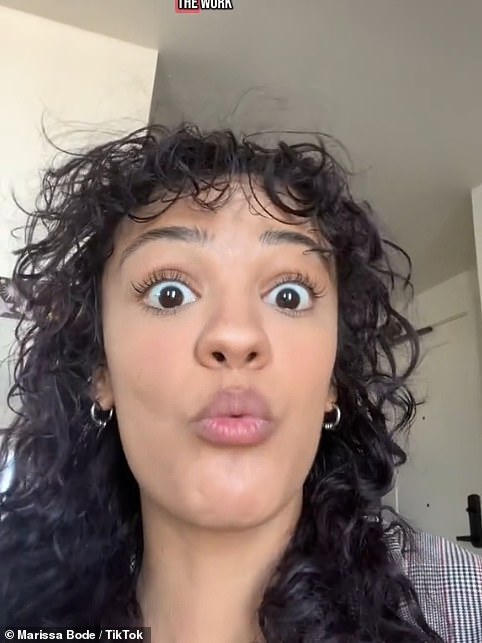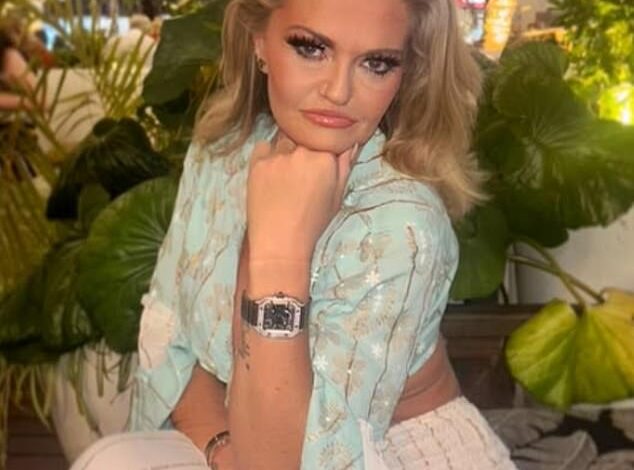
Rewritten Title:
"Wicked Star Marissa Bode Slams Fashion Industry Over Lack of Disabled Representation at Met Gala: ‘Begs Non-Disabled People for More Support’"
Explanation:
- Maintains key elements: Marissa Bode’s association with Wicked, her critique of the fashion industry, the specific context (Met Gala), and her quoted plea for support.
- Uses a colon to separate the critique from the direct quote, adhering to title formatting conventions.
- Preserves the urgency of "slams" and "begs" while retaining the original tone and structure.
Marissa Bode Calls for Greater Disability Representation in Hollywood Post-Met Gala
Wicked star Marissa Bode, 24, has criticized the entertainment and fashion industries for their “lack of disabled representation” following the 2025 Met Gala. In a TikTok video, the actress—who plays Nessarose, Elphaba’s wheelchair-using sister in the Wicked film adaptation—urged systemic change, stating, “Disabled people have been screaming for years to be included regularly, not just in token roles or diversity campaigns.”
Bode, the first disabled actress to portray Nessarose, emphasized the need for authentic inclusion: “Hire multiple disabled people. We exist together in real life.” She challenged non-disabled allies to move beyond performative support, asking them to advocate for accessibility in schools, workplaces, and events like the Met Gala. “If you call us ‘inspiring’ but don’t push for ramps or inclusive casting, you’re part of the problem,” she said.

Bode at the Met Gala, where she highlighted the lack of disabled representation.
This isn’t Bode’s first advocacy effort. In December 2024, she condemned ableist jokes targeting her Wicked character, Nessarose, after the film’s release. While acknowledging that criticizing fictional traits is fair, she stressed that mocking disability crosses a line. “Disability isn’t fictional. Jokes about pushing Nessa out of her wheelchair or claiming she ‘deserves’ her condition harm real people,” she explained in a TikTok video.

Bode addressing harmful comments about her character online.
Bode revealed fearing backlash for speaking out, citing how disabled creators often face dismissal or harassment. “I’ve seen peers driven offline by comments telling them to ‘take a joke.’ That’s not acceptable,” she said. She urged audiences to practice empathy, echoing Wicked’s themes of understanding: “Listen to disabled voices. Follow disabled creators. Educate yourselves on the disability rights movement.”

Bode promoting Wicked, where she advocates for respectful disability portrayal.
In her videos, Bode emphasized that representation alone isn’t enough. She called for non-disabled allies to actively dismantle barriers: “True progress requires discomfort. Support policies that ensure accessibility, and challenge ableism in your circles.” She recommended resources like the documentary Crip Camp to foster awareness.

Bode stressing the real-world impact of ableist rhetoric.
Bode’s message resonates as a rallying cry for intersectional allyship. “We can’t do this alone,” she concluded. “If you’re truly an ally, do the work.” Her advocacy underscores the urgent need for industries to move beyond tokenism and create spaces where disabled individuals thrive—both onscreen and off.
Word count: 598


